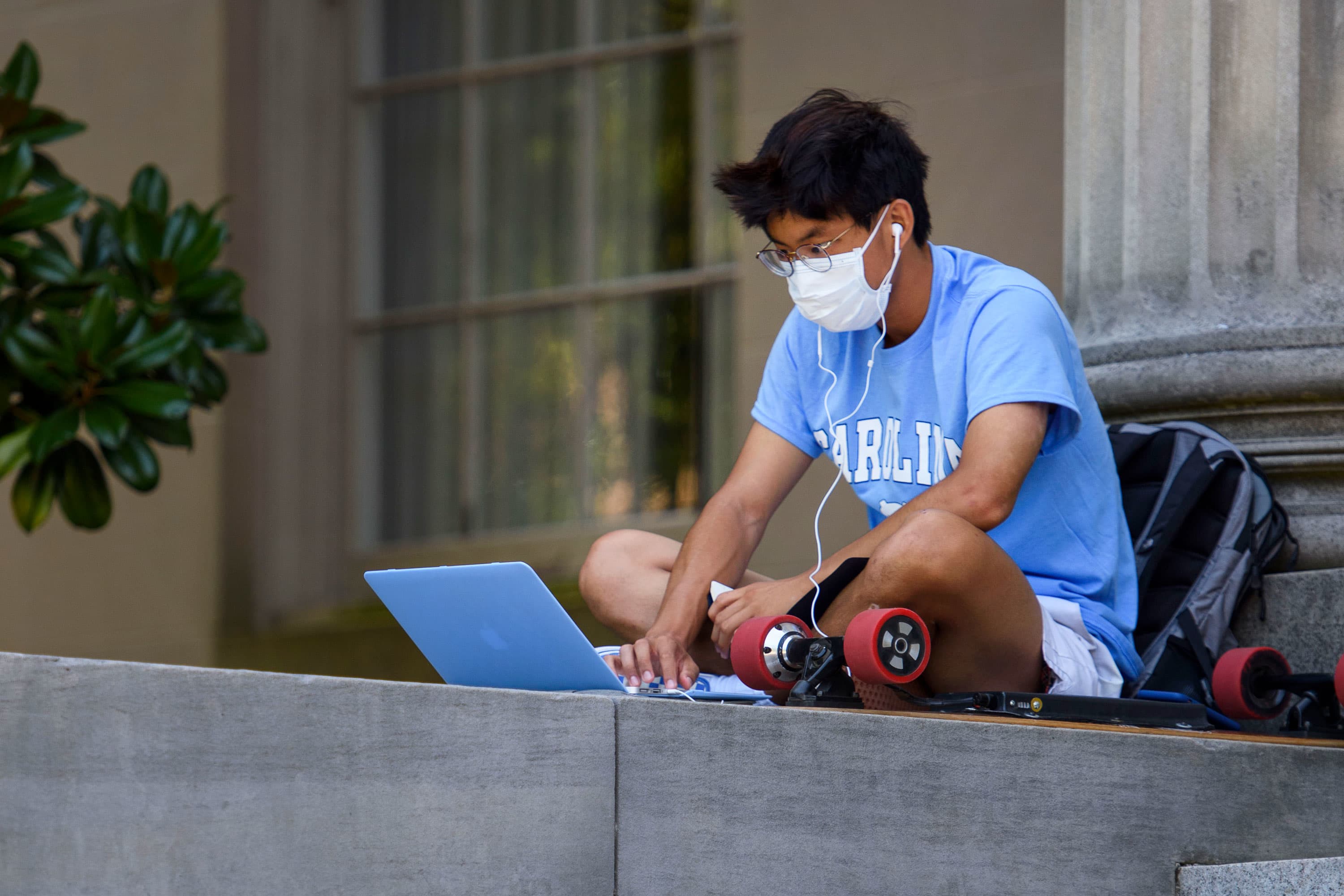The possibility of more campus closures has sparked a sudden interest in withdrawing from college before it’s too late.
“All of us are counting down to the tuition deadline,” said Carla Voight, 20, a junior at the University of Michigan in Ann Arbor, referring to the last day students are eligible for some reimbursement if they leave school.
She worries that after that point, her classmates will be hard-pressed to get any money back, even if the campus closes and they are sent home.
Depending on when a student withdraws during a semester, a school’s refund policy may reimburse a significant amount — specifically, if it’s within the first month or so of the semester, although it varies by school.
More from Personal Finance:
Students argue distance learning should cost less
Colleges pass Covid-related expenses on to students
Will the pandemic force your college to go bankrupt?
However, refunds are typically offered on a sliding scale and most schools won’t give any money back at all after the fifth week of classes. (At the University of Michigan, students can get half of their tuition refunded up until the sixth week of school.)
Because of the coronavirus outbreak, a number of colleges and universities have said they will offer refunds of fees and room and board if students are sent home, although the reimbursement policies vary from school to school — and nearly all of them have drawn the line at tuition.
Now, those policies are being put to the test with cases of Covid-19 spiking at campuses across the country. Many of the colleges and universities that had reopened are reverting to distance learning.
“There’s no reason for schools to stay open other than student tuition,” Voight said. “Once that’s locked in, there is no reason to stay open.”
Typical School Refund Policy
Source: GradGuard
If a student is considering leaving, “they have to make a decision before a certain date and it’s even more stressful than usual,” said Eric Greenberg, president of Greenberg Educational Group, a New York-based consulting firm.
“There is no reason to think a college will be flexible,” Greenberg said.
A few colleges have, in fact, discounted tuition for the fall semester. Others, however, increased the cost despite the transition to remote school or hybrid learning.
Overall, tuition and fees plus room and board are at an all-time high. Last year, the cost to attend a four-year private college averaged $49,870; at four-year, in-state public colleges, it was $21,950, according to the College Board.
The University of Michigan adopted a hybrid approach with a combination of in-person and online classes and raised tuition 1.9% for the current academic year, in addition to a new $50 health and safety charge. Other fees increased by nearly $500 for out-of-state students.
The university is committed to do our very best to make sure that the Covid-19 pandemic does not result in a lost generation of students.
Rick Fitzgerald
University of Michigan Spokesperson
The tuition increase will “provide higher levels of financial aid for students who need it most and help the university adapt,” according to Rick Fitzgerald, a spokesperson for the university.
“The university is committed to do our very best to make sure that the Covid-19 pandemic does not result in a lost generation of students who were unable to continue or complete their Michigan educations because of the circumstances we all find ourselves in,” Fitzgerald said.
And still, “U-M will incur many millions of dollars in additional costs due to the needs of our public health-informed fall semester,” he added.
Many other institutions are also facing a significant shortfall after a number of students decided to sit this semester out.
Already, universities have furloughed thousands of employees and announced revenue losses in the hundreds of millions, according to the Chronicle of Higher Education.
